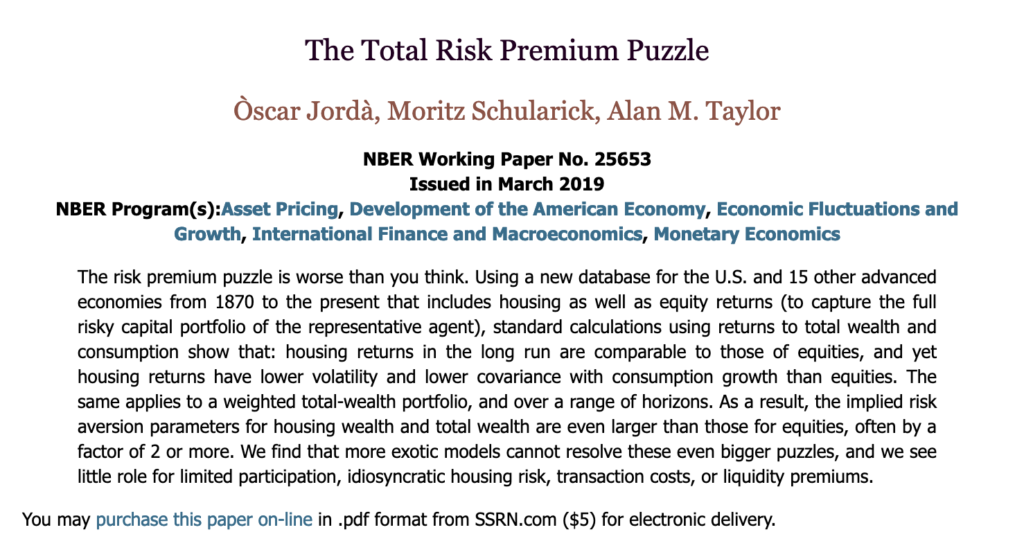A racing pigeon has been sold for a world record €1.25m (£1.1m) as a result of prices being driven sky-high by a craze for bird racing among an elite group of Chinese enthusiasts. (The Guardian)
Armando must be a hell of a bird, but is he an investment? Dictionary.com defines investment as “the investing of money or capital in order to gain profitable returns, as interest, income, or appreciation in value” According to The Guardian), Armando, who is nearing retirement age, is set to be bred in China. So I guess, Armando is an investment. Just one the vast majority of us don’t understand.
If Armando is an investment, then I guess all manner of other collectibles can be called ‘investments’ as well. As long you believe you have a reasonable expectation of ‘appreciation in value’ then all bets are off. I have been skeptical of art as an investment and for that matter skeptical of anything collectible being thought of as an investment. There is a cottage industry of dealers wanting to convince you that their collectible represents a worthy ‘investment.’ Despite the fact that all of these studies are rife with survivorship bias.
Most of us aren’t going to get into the high dollar modern art market or pay well over $1 million for a pigeon. But many of us will, at some point in our lives, own a house, but is the house you live in an investment? For most people a house represents the largest financial outlay they will make during their lives.
Houses that you live in represent a number of things. A house represents a method of forced savings, via monthly mortgage payments. A house provides a form of imputed rent, and for many a house has an emotional component tied up with family etc. However anyone who owns a house knows that a house also represents a bundle of financial obligations including property taxes, insurance, HOA fees and maybe most importantly maintenance. By any measure, how much you pay in housing costs has a huge effect on your ability to save for the future.
One of the biggest problems with measuring the returns to owning a house come from our limited ability to precisely measure these ongoing outlays. A newly published NBER paper is set to re-ignite the debate about the relative value of owning a home versus investing in stocks. You can see the abstract below.

Tyler Cowen at Bloomberg went through the paper and notes two big findings. One, at least in this study houses provided returns similar to equities with lower risk. Second, there is still an ‘equity risk premium puzzle.’ He rightly notes the dangers of relying on any single, academic study for investing advice and also highlights the very different demographic circumstances facing the countries in the study.
I still have a hard time thinking of a house an investment. However having this mindset does sharpen the mind when it comes to finding and paying a reasonable amount for a house. This view also puts into context the costs of expansion or remodeling that so many of us do once we have lived in a house for any amount of time.
Houses also have another unique characteristic (as an investment). They are difficult, and expensive to sell. That may be changing as a whole host of startups looking to reduce the cost (and friction) home buying and selling. However up until now, houses have been very much a buy-and-hold type of investment. Stocks on the other hand, can be traded today for $0 and historically have been much cheaper to trade than houses. By forcing home owners to buy and pretty much hold, we have fewer opportunities to mess things up through bad behavior.*
The problem with hyping the ‘home as an investment’ meme is that it puts undue expectations on home price appreciation. We all need a place to live. Our financial goals should not be dependent on our houses being a cash machine. Just as we shouldn’t base our retirement on our ability to ‘beat the market’ nor should we do the same thinking we are ready for our own real estate show on HGTV.
*Not unlike the case I made for private equity illiquidity.








